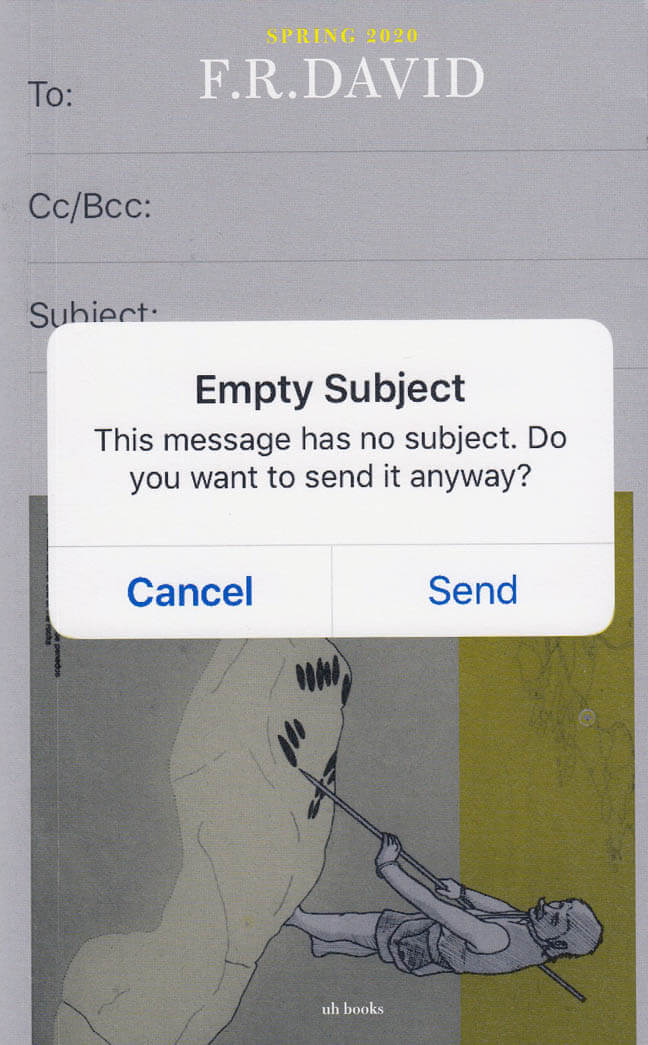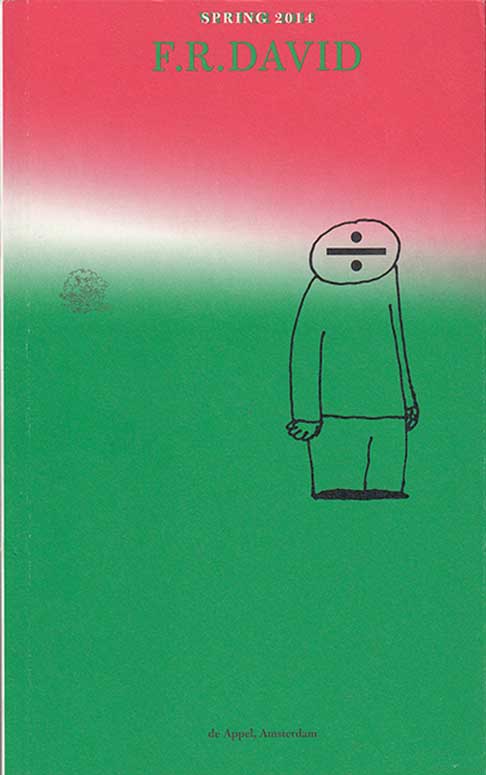"be good"
"be good"

Decolonizing Non-Violent Communication
Decolonizing NVC is a workbook stocked with activities, exercises, and ideas to explore our relationship to communication, our bodies, and each other. Using a trauma-informed approach, this workbook encourages readers to deepen our emotional vocabularies so that we can work towards a more enlivened, healthy interdependence.
Written by meenadchi. Edited by Nicole Kelly. Design by MJ Balvanera. Infographics by Hana Ward. Binding by WCCW Staff & Cynthia Navarro of Tiny Splendor.
Typeset in Sofia Pro by Olivier Gourvat from Monstardesign and Agentur Regular by Good Type Foundry.
First edition published March, 2019, edition of 200.
Second edition published in April, 2021, edition of 5000.
Third ediition published November 2023, edition of 3000.
Published by CO—Conspirator Press with the support of the Women’s Center for Creative Work. Printing by Nadinne Natalia, Lindsey Lee Eichenberger, and Cynthia Navarro at the Women’s Center for Creative Work.

Detour/Détours (Hotel Cordel No. 1)
Cécile Menon, Dominic Jaeckle and 1 more
Detour/Détours imagines debt as a language game: as a broken pun; a break in a journey; a play on value and the meaning of money as it changes hands. Or in terms of Guy Debord’s détournement — as a debt reimagined through the integration of old works into something new.
The word debtor owes etymologically to the old French deteur. But — moving into English — its first appearance dates back to the early 13th century and — sounded out as dettur, dettour or detour — debt can be read as an elaboration on the mottled intimations of a detour with a little poetic license. A detour is a deviation, a digression; a play on our various senses of direction. Exploring the will, want or need to take the long way around — and seeking to bastardize and scrutinize our relationship with (and conceptualization of) a statement of debt — here we have a set of searching works that critique all our methods of repayment. Participating authors were given free rein to produce a piece of writing in response to these ideas, and the works included herein — five first English-language translations and five original texts — wind their way around the weight of the word ‘debt’ in ten attempts to reroute its meaning.
Questions of Worth by Noémi Lefebvre, translated by Natascha Lasorak and Sophie Lewis
Silent B by Lauren Elkin
A Problem of the Greek Type by Mathieu Larnaudie, translated by Adrian Nathan West
Emotional Debt/Speed of Recovery Matrix by Selma Dabbagh
Debt Night by Preti Taneja
The Pastoral Calculation by Sandra Lucbert, translated by Jessica Spivey
The Debt Collector by Jen Calleja
Unknown Soldier by Nicolas Bouyssi, translated by Amanda DeMarco
Good Relations by Joanna Walsh
Out of Debt by Thomas Clerc, translated by Jeffrey Zuckerman
Edited by Emmanuel Bouju, Dominic Jaeckle & Cécile Menon
Limited Edition of 300 copies
180 x 120, paperback, 78 pages

F.R. David - Very Good
F.R.DAVID is a typographical journal, dealing with the organisation of reading and writing in contemporary art practises. The 19th issue, “very good*” is edited with Paul Abbott. Like music, the issue’s “theme” is better off unaccounted for, and up in the air, like a flock of birds (creatures who feature heavily), circling around performance, listening bodies, given time, and loving relations.
The nineteenth issue of ‘F.R.DAVID’ is edited by Will Holder and Paula Abbott, and will serve as a reader for “We can still see the horizon (and it’s curved)”, a summer residency in Scotland led by the editors. It includes a surprising array of contributions from writer Jorge Luis Borges, journalist and writer Italo Calvino, composer Hugo Cole, literary critic and theorist Barbara Herrnstein Smith, percussionist Milford Graves, philosopher Michel Serres, novelist and essayist Wilson Harris, poet Bernadette Mayer, composer and music theorist Harry Partch, pianist and poet Cecil Taylor, and several others.

Feeling as a foreign language
In Feeling as a Foreign Language, poet and critic Alice Fulton considers poetry's uncanny ability to access and recreate emotions so wayward they go unnamed. How does poetry create feeling? What are fractal poetics?
In a series of provocative, beautifully written essays concerning "the good strangeness of poetry," Fulton contemplates the intricacies of a rare genetic syndrome, the aesthetics of complexity theory, and the need for "cultural incorrectness." She also meditates on electronic, biological, and linguistic screens; falls in love with an outrageous 17th-century poet; argues for a Dickinsonian tradition in American letters; and calls for a courageous poetics of "inconvenient knowledge."

of sirens, body & faultlines
of sirens, body & faultlines is a book of prophecy against this Brexit era, rising from a post-2008 London, where crisis and austerity meet the vanity projects of the super-rich. Committed to the immediacy of a present that is precarious and under surveillance, of sirens... attends to queer, transfeminist and people of colour counter-memories and histories. It seeks new expressions of desire and modes of breath, pushing against the gravities that would rather these lives and worlds disappear.
While arguing with the radio may seem futile, syntax, punctuation, grammar and the page must still all be mobilised to help create new conditions of possibility – for collectivity, for poetry to speak. Raha’s exceptional, experimental, queer lyric mobilises all aspects of language to reveal contradictions of capitalism and defuse populist rhetoric. This is a writing of city life against the flows to capital; labouring bodies speaking back to the demands of work and the fictions of xenophobic politicians. It concerns herstory, transfeminism, collectivity; the everyday of South East London, transformation and decolonisation, through counter-memories, anti-memoir, and a trans poetics.
"Nat Raha has written some of the most exciting poetry of the last decade. Transfeminist, communist, revolutionary – with great quickness and nimble intensity, her syllables and survival codes dash through police-lines as high-level transmissions signalling absolute solidarity, insisting that other lives are still possible. Originally published as a series of home-made pamphlets that seemed to come as much from post-punk zine culture as from avant-garde poetics, it's good to see them gathered here in one place for the first time and as a body of evidence of a culture of struggle. These poems do not merely comment on that struggle, but emerge from within it. They are poems that break open a space in which to think through what has happened, who we have been, and what has been done to us. These are fearsome times. Raha writes poetry that acknowledges that fear and refuses to flinch in the face of it, which is in itself an act of the fiercest solidarity." – Sean Bonney

F.R. David - All distinctions are mind, by mind, of mind
F.R.DAVID is a typographical journal, dealing with the organisation of reading and writing in contemporary art practises.
This issue, “All distinctions are mind, by mind, of mind”, has a split personality, allowing comparative readings between left/ right, good/ bad, manic/ depressive.